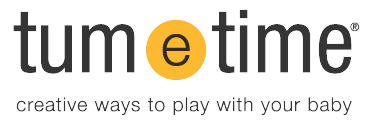This email came in today from the US Breastfeeding Council. Please take action if you can:
On Monday, the Supporting Working Moms Act of 2013 (SWMA) was introduced in both houses of Congress! SWMA would protect and expand working moms’ right to breastfeed by extending the existing federal law to ensure that an additional 11.5 million executive, administrative, and professional employees, including elementary and secondary school teachers, have break time and a private place to pump in the workplace.
A sincere thank you to co-sponsors Senator Jeff Merkley (OR), Senator Tom Harkin (IA), Senator Elizabeth Warren (MA), and Congresswoman Carolyn Maloney (NY) for championing this important bill! To let them know just how much we appreciate their efforts, we’d like to flood the Twittersphere with messages. Show your support by joining the conversation at hashtag #SWMA13 or simply copy and paste the sample tweets below.
Sample Tweets:
- Breaking News! The Supporting Working Moms Act has been introduced in the Senate and House: http://ow.ly/l318d
- Thanks to @SenJeffMerkley, @RepMaloney, @SenatorHarkin, and @SenWarren for leading the charge in support of #SWMA13 and #WorkingMoms
- Because teachers shouldn’t have to choose between #breastfeeding and their students, I support #SWMA13: http://ow.ly/l326K
- The Supporting Working Moms Act is good for families, business, and the economy. Where do your legislators stand? #SWMA13
- The Supporting Working Moms Act would make #breastfeeding possible for an additional 11.5 million #WorkingMoms #SWMA13
- 60% don’t reach their own #breastfeeding goal, but laws that guarantee #BFing breaks at work can change it http://ow.ly/l33km #SWMA13
